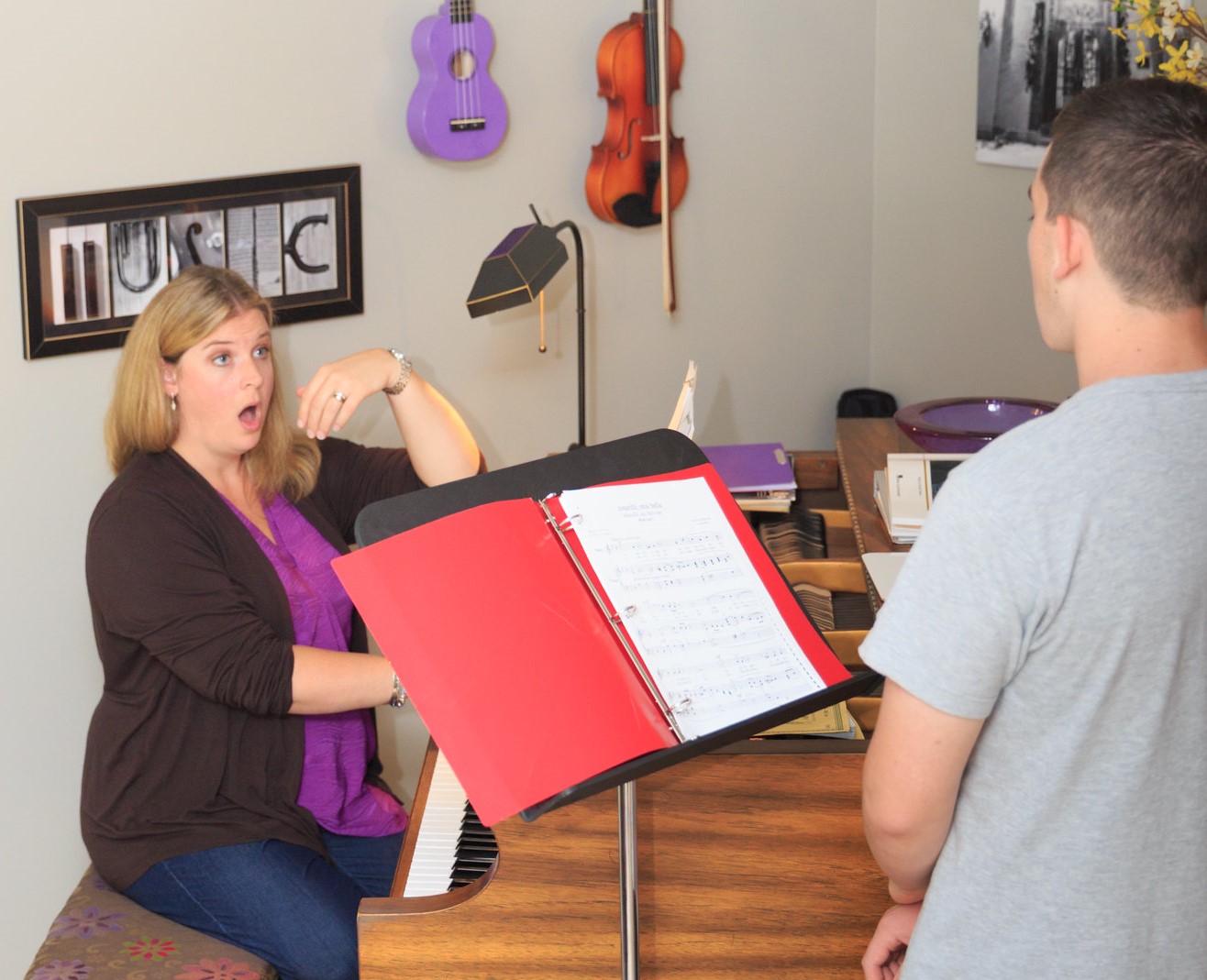Choosing the right music teacher or knowing when to make a change?
If you are planning to start music lessons, choosing the right teacher is as crucial as choosing an instrument you are passionate about and committing to practicing. If you already take lessons, maybe you are hoping to take things up a notch this year and think that a teacher switch may be in order. In either case, here are six things to consider.
Do you like the teacher?
You don’t have to be best friends with your teacher, but you do need to like him or her. In fact, you may find you are more productive if you are not best friends. Students may tend to slack off more if their teacher is a friend, and teachers may not be as strict with students who are friends. So a healthy balance in the teacher-student relationship is ideal. You should look forward to going to your lessons and the interaction you will have with your teacher. If you have a feeling of dread when it’s time to go to your lesson merely because of the teacher – then that probably isn’t a good fit. If your feeling of dread is because you didn’t practice, you don’t like the instrument anymore, or anything else, hopefully you do like your teacher and can talk to him or her about what’s holding you back.
Does the teacher have the credentials that are important to you?
Are you looking for a teacher who has a ton of performance experience or someone who has a significant amount of higher education or a combination of both? Know who you are taking lessons from! The first time you meet with your teacher and he or she starts asking you a bunch of questions, it’s okay to ask a few of your own. Ask about their education and their experiences. If it’s important to you, ask for references that you may contact. Maybe he or she has some YouTube videos you could check out. If he or she is hesitant to provide this information, it could be a red flag that either he or she doesn’t have any of these things to provide or he or she doesn’t feel the need to explain or prove himself or herself (not the attitude you probably want from your teacher).
Does your teacher push you and guide you to do your best?
Your teacher should not only encourage you to do your best in a positive way, but should also help guide you to achieve your best. A teacher should be able to give you tools to succeed. If you don’t feel you’re headed in this direction and, after discussing it with your teacher, there’s no plan to improve, maybe it’s time to make a teacher change.
Are the teaching style and structure of the lessons right for you?
Are the lessons structured in a way to facilitate and optimize your learning? Maybe they are too structured. Perhaps you learn better in fluid, creative environments. Either way, if you don’t feel that you are getting the most out of your lessons, talk about it with your teacher. You may not be able to put your finger on what needs to change in the structure of your lessons, but together you should be able to figure it out!
Do you leave your lessons feeling accomplished and ready to work on new challenges for next week’s lesson?
If you answer no to this question, evaluate first yourself and then your teacher. Are you still passionate about this instrument and want to be proficient at playing it? If not, it may not be your teacher’s fault that you are feeling less than inspired. But, if so, have a conversation with your teacher about how you can have lessons that leave you feeling accomplished and ready for new challenges. If the teacher can’t provide some insight and alternative things to try in lessons, than maybe it’s time for a teacher change.
If you’re a parent of a student, does the teacher invite or allow you to observe the lesson?
If a teacher never allows a parent to sit in on lessons, there should be a good reason. Often students will perform better or open up more in lessons if parents are not there. However, this does not mean that parents should never be allowed in. Parents should know what students are working on and what is being taught in lessons (especially for younger, beginning students). So, if the teacher does not encourage this with good reason, you may want to consider making a teacher change.
I’m sure there are more qualifying questions that can be added to the list, but here’s a jumping off point to help navigate your hunt for the right music teacher. All this to say, while the right teacher is crucial to music study, it is not the only thing driving a student’s success. Passion and desire to learn the instrument and consistent practice at home are also essential components to musical success. Here’s to a New Year full of exciting musical experiences with inspiring lessons topping this list!
NOT TAKING LESSONS YET?
BECOME A MEMBER
If you are interested in voice or piano lessons and are ready to find out all the details. Hope on over to our Memberships page and choose the one that fits you! And if you aren’t sure what you need, let’s figure it out!




